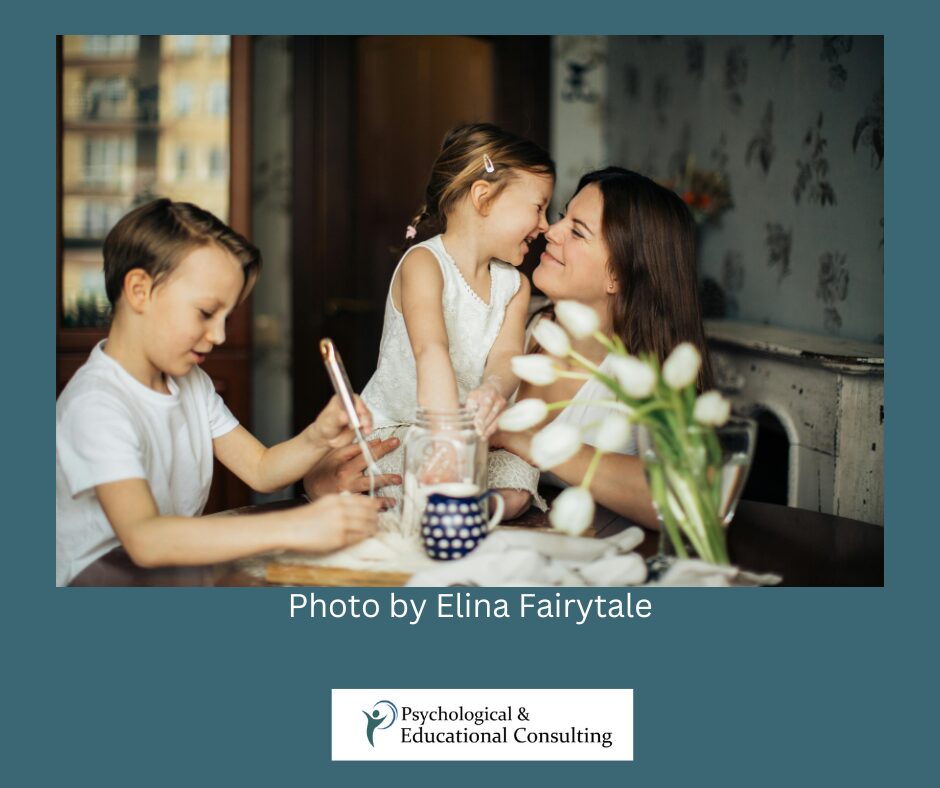
Co-Parenting and Joint Custody Tips for Divorced Parents
written by Jocelyn Block, M.A.Melinda Smith, M.A., posted on help guide
What is co-parenting?
Unless your family has faced serious issues such as domestic violence or substance abuse, co-parenting—having both parents play an active role in their children’s daily lives—is the best way to ensure that all your kids’ needs are met and enable them to retain close relationships with both parents. The quality of the relationship between co-parents can also have a strong influence on the mental and emotional well-being of children, and the incidence of anxiety and depression. Of course, putting aside relationship issues, especially after an acrimonious split, to co-parent agreeably is sometimes easier said than done.
Joint custody arrangements can be exhausting, infuriating, and fraught with stress, especially if you have a contentious relationship with your ex-partner. You may feel concerned about your ex’s parenting abilities, stressed out about child support or other financial issues, feel worn down by conflict, or think you’ll never be able to overcome all the resentments in your relationship.
Making shared decisions, interacting with each other at drop-offs, or just speaking to a person you’d rather forget all about can seem like impossible tasks. For the sake of your kids’ well-being, though, it is possible for you to overcome co-parenting challenges and develop a cordial working relationship with your ex. With these tips, you can remain calm, stay consistent, and resolve conflicts to make joint custody work and enable your kids to thrive.
Making co-parenting work
The key to successful co-parenting is to separate the personal relationship with your ex from the co-parenting relationship. It may be helpful to start thinking of your relationship with your ex as a completely new one—one that is entirely about the well-being of your children, and not about either of you.
Your marriage may be over, but your family is not; acting in your kids’ best interest is your most important priority. The first step to being a mature, responsible co-parent is to always put your children’s needs ahead of your own.
Benefits for your children
Through your co-parenting partnership, your kids should recognize that they are more important than the conflict that ended your marriage—and understand that your love for them will prevail despite changing circumstances. Kids whose divorced parents have a cooperative relationship:
- Feel secure. When confident of the love of both parents, kids adjust more quickly and easily to divorce and new living situations, and have better self-esteem.
- Benefit from consistency. Co-parenting fosters similar rules, discipline, and rewards between households, so children know what to expect, and what’s expected of them.
- Better understand problem solving. Children who see their parents continuing to work together are more likely to learn how to effectively and peacefully solve problems themselves.
- Have a healthy example to follow. By cooperating with the other parent, you are establishing a life pattern your children can carry into the future to build and maintain stronger relationships.
- Are mentally and emotionally healthier. Children exposed to conflict between co-parents are more likely to develop issues such as depression, anxiety, or ADHD.
